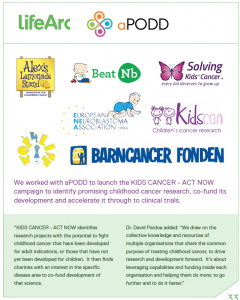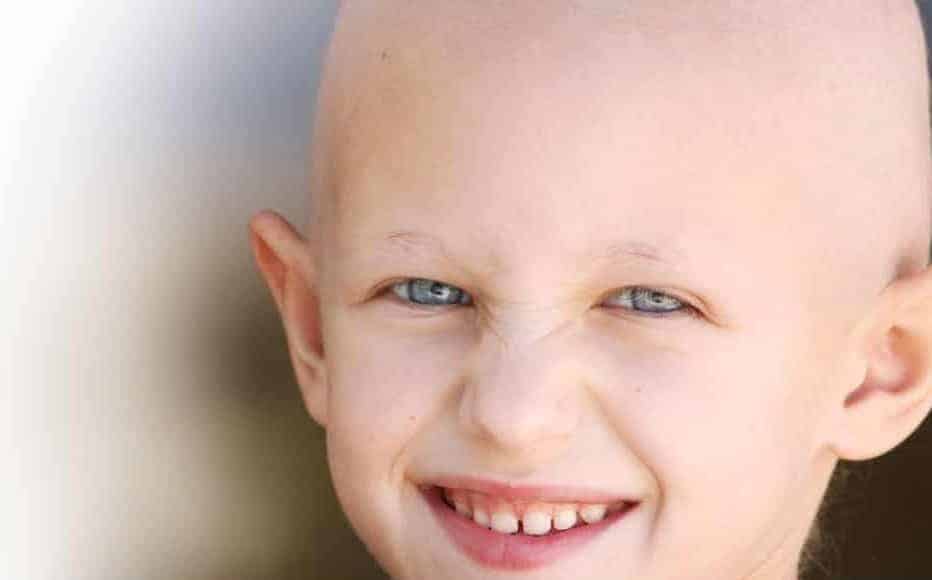The genetic abnormalities that lead to cancer can occur at any age. Cancer is the major cause of death by disease for children under 14 years of age but medicines that specifically target childhood cancers are scarce.
One of the main problems is that it is very difficult to conduct clinical trials in children. It is not only sensitive ethical issues that need to be considered but also that the human immune system is still developing during the first decade of life. Treatments that enlist the body’s immune system to fight cancer will not produce the same results if the immune system is still developing. It therefore becomes almost impossible to predict how a treatment will perform from one child to the next.
This is a research problem and requires a research-based solution. Cesare Spadoni, Founder and Chairman of the childhood cancer charity aPODD (accelerating Paediatric Oncology Drug Development), explains: “We can only improve the current outlook for childhood cancer if we get new drugs, but we have not seen an improvement in some areas for more than 30 years.”
Many small charities exist that are often set up by the relatives of those directly affected by childhood cancer. These charities are scattered around the world, raising small pockets of funding to conduct early stage research. This disconnected and sporadic model of research funding is not effective. By joining forces the charities are better able to fund significant research efforts that could ultimately lead to new treatments for children with cancer.
“It is unlikely that a single charity will have the financial resources to support a clinical development project. But if we could contribute into a common fund then this could be used for clinical development,” Spadoni added.


